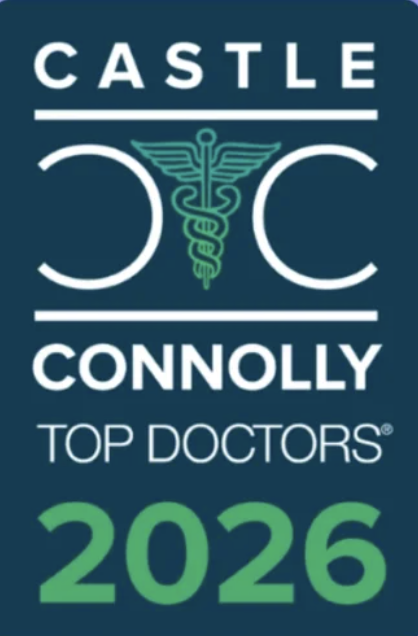What Are Caffeine Naps and Should You Sip an Espresso Before Your Next Nap? - Van Winkle's

Naps are great in theory: grab a few zzzzz’s after lunch to shake off the midday yawns. But a quick doze at your desk doesn’t always do the trick. In fact, naps can exacerbate grogginess and throw off your nighttime slumber — the ultimate napping sin.
In recent years, some sleep experts have championed the “caffeine nap” (aka “stimulated nap”) as the platonic ideal in truncated rest. It may sound counterintuitive to use a stimulant to nap more effectively, but the concept actually makes sense once it’s fleshed out.
How does it work?
When you start to feel tired, throw back a shot of espresso or suck down a jumbo iced coffee. (Some sleep experts advise taking caffeine naps no later than midday to prevent any prolonged stimulation.) Then, set your alarm for 20 minutes later, and go flop down until it blares. Reason being, coffee takes about 20 minutes to reach the brain, at which point it causes alertness by blocking adenosine, a drowsiness-inducing chemical, from binding to receptor molecules.
Caffeine's timing is ideal because power naps should end before deeper sleep begins, around the 30-minute mark. After that point, you're more likely to experience sleep inertia, disorientation caused by abrupt arousal.
Additionally, sleep naturally clears out adenosine that builds up during waking hours. By the time caffeine floods the brain, there's less adenosine to compete with for receptor space. So, in theory, the caffeine gives you an extra boost, helping you reap the combined benefits of a nap and a stimulant. Science says...
Studies have shown that caffeine naps boost energy better than either napping or consuming coffee alone. In a 2001 study, 28 men and women took either a caffeine pill or placebo pill before napping. Participants who got the real deal experienced significantly less mental impairment upon waking than the placebo group. Mental impairment, in this case, refers to sleep inertia.
Jordan Stern, founder of New York City’s BlueSleep, is huge proponent of the method. “It’s simple,” said Stern. “Adenosine, an inhibitory neurotransmitter that promotes sleep and builds in our body throughout the day, makes us feel tired. Caffeine can block its effects, making those who consume it feel noticeably more alert…especially when waking from sleep.”
“Today, drink a small, but powerful coffee — like espresso — and then set your alarm for 15 minutes,” Stern said. “Then place your head in your arms on top of your desk and relax. When you open your eyes, you’ll be ready to restart the day.”
Stern believes in the power of stimulated naps, but says they’re not for everyone. People who have insomnia or acid reflux should avoid them, he says. And, anyone who’s buried under stress or has a heart condition should steer clear of caffeine, which can increase stress hormones and raise blood pressure.
So, if napping only makes you feel groggier, or just doesn’t add enough pep to your step, consider going the caffeine route.












